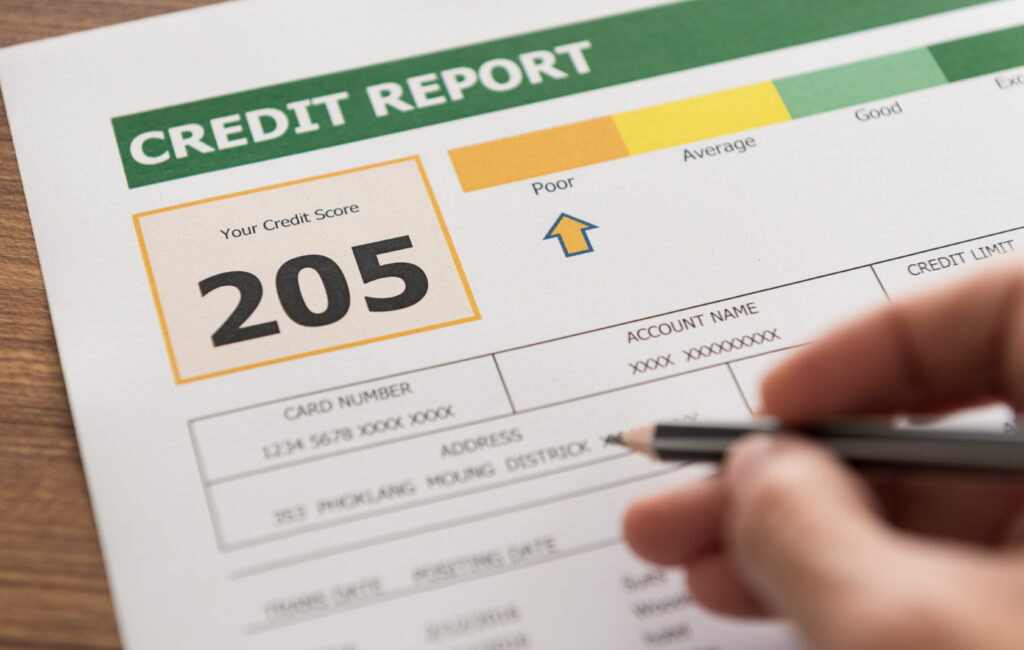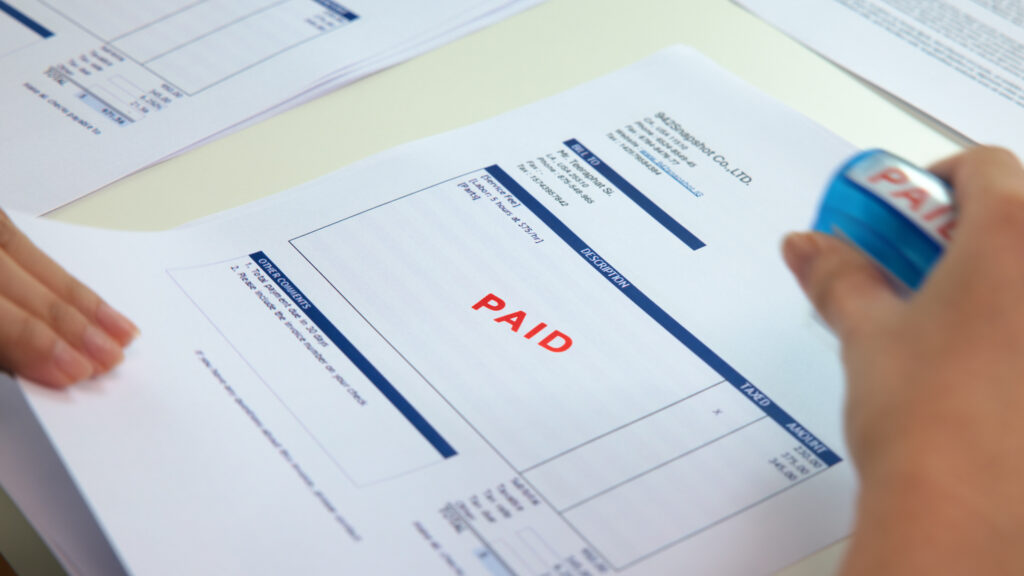
A good credit score can open doors to better loan rates, credit cards, and even rental approvals. But if your score is on the lower side, you might feel stuck, wondering how to improve it without waiting years. The good news? There are legitimate, ethical ways to raise your credit score quickly—no shady tricks required. Here’s exactly what you need to do.
1. Check Your Credit Report for Errors
Mistakes on your credit report can drag down your score without you even knowing it. Get a free copy of your credit report from AnnualCreditReport.com and check for incorrect balances, accounts you don’t recognize, or late payments that were actually on time. If you find errors, dispute them with the credit bureau to have them corrected.
2. Pay Your Bills on Time (Every Time)
Your payment history makes up 35% of your credit score, so even one late payment can hurt. Set up autopay or calendar reminders to ensure you never miss a due date. If you’re behind on any payments, get current as soon as possible—your score will start improving once you do.
3. Lower Your Credit Utilization Ratio
Credit utilization is the percentage of your available credit that you’re using, and it plays a big role in your score. Keeping your utilization below 30% is ideal, but under 10% is even better. If you’re maxing out your credit cards, make extra payments throughout the month to lower your balance before your statement closes.
4. Increase Your Credit Limits (Without Increasing Your Spending)
If your utilization is too high but you can’t pay down debt right away, ask your credit card company for a limit increase. A higher credit limit instantly lowers your utilization ratio—just don’t use the extra credit to spend more.
5. Pay Off Small Balances on Multiple Cards

If you have small balances spread across several credit cards, paying them off can help boost your score. The credit scoring system doesn’t just look at overall debt—it also considers how many accounts have balances. Eliminating those small amounts can give you a quick lift.
6. Become an Authorized User on a Responsible Person’s Account
If you have a friend or family member with a solid credit history, ask if they can add you as an authorized user on one of their credit cards. Their good payment history and low utilization will reflect on your credit report, potentially boosting your score. Just make sure the person manages their credit well—otherwise, it could do more harm than good.
7. Use a Credit-Builder Loan or Secured Credit Card
If you’re struggling to build or rebuild credit, consider a credit-builder loan or secured credit card. These financial tools are designed to help improve your score by reporting on-time payments to the credit bureaus. Just be sure to use them responsibly.
8. Diversify Your Credit Mix
Having different types of credit—like a credit card, car loan, or student loan—can improve your score. If you only have one type of credit, consider adding another (responsibly). Just be careful not to take on debt you don’t need.
9. Keep Old Accounts Open
The length of your credit history affects your score, so don’t close old credit cards, even if you don’t use them often. Keeping them open (especially with a zero balance) can help your credit age and improve your utilization ratio.
10. Avoid Opening Too Many New Accounts at Once
Each time you apply for credit, a hard inquiry appears on your report, which can temporarily lower your score. If you’re trying to boost your credit quickly, avoid opening multiple new accounts in a short period.
Final Thoughts
Improving your credit score doesn’t have to take years, and you don’t need to resort to shady tactics to do it. By making strategic moves—like paying bills on time, reducing balances, and fixing errors—you can start seeing improvements fast. Good credit isn’t just about the number; it’s about financial opportunities and peace of mind. Start today, and you’ll be on your way to a stronger financial future.
